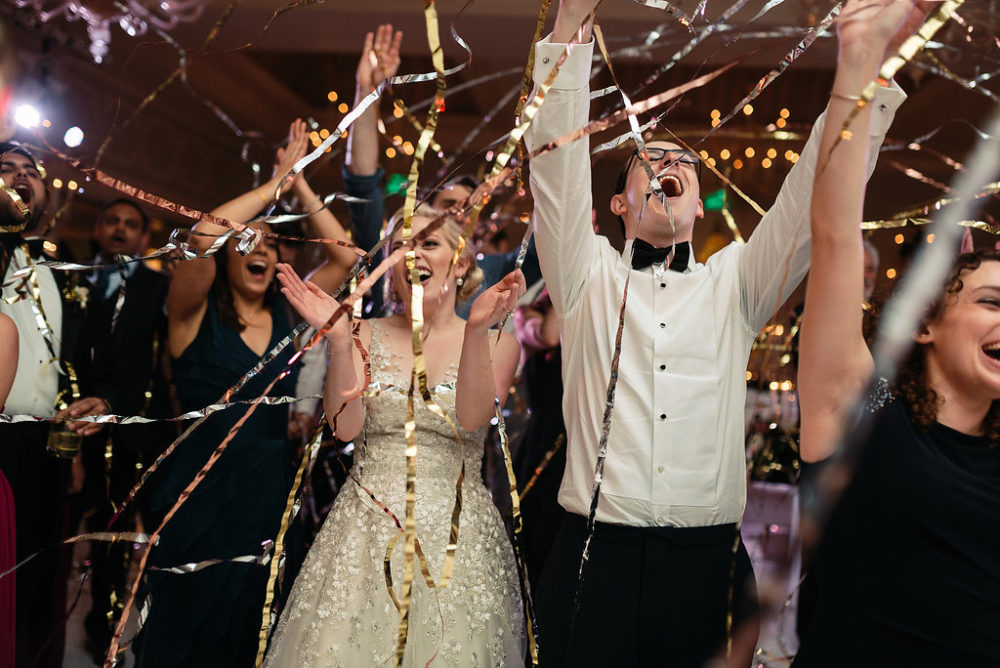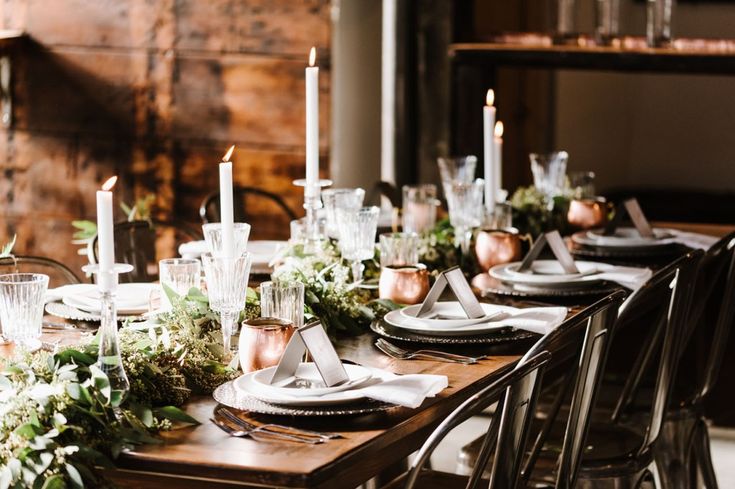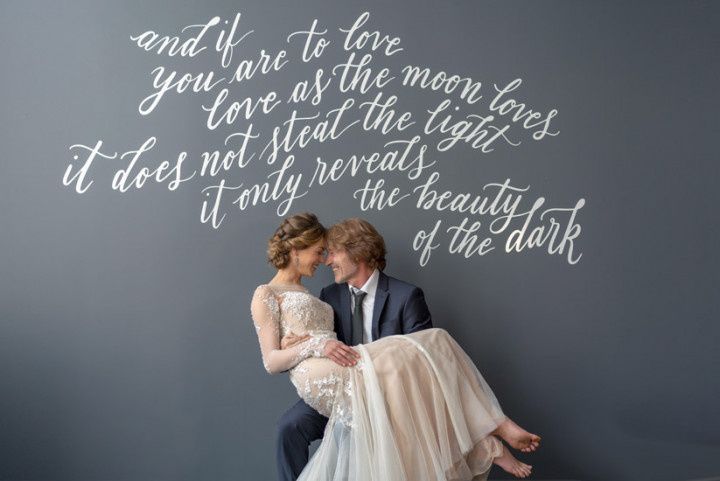Figuring out the ceremony itself may be tricky for those who do not want a standard religious celebration. Thankfully, the officiant is often there to guide you through a few basic choices, but the info below may also help you narrow down your options.
Religious Ceremonies:
These tend to be the simplest to plan, since there is often a set text and order in which everything happens. Having a religious ceremony usually will involve heavy involvement from the officiant, who can help guide you through each step.
Non-Sectarian/Non-religious Ceremonies:
If you would like the option of “light” or “no” religious content, the running order and customs of the ceremony are much more in your court. Be sure to discuss your spiritual/religious preferences with the officiant so that he/she will know whether it is appropriate to include blessings or references to God.
Readings:
One custom popular at many weddings is to include one or two readings about love and marriage. Some people choose biblical readings, others prefer love poetry or comic stories about love. You could also ask your readers (usually bridal party members or relatives) to choose readings they find appropriate. See our one-sheet guide to wedding readings for some good options.
Vows:
To write or not to write, that is the question. In general, writing your own vows will be stressful for anyone who does not frequently put their feelings to paper or has stage fright. If writing your own vows is important to one of you, consider writing them privately, stealing some time away during the reception, and reading them to one another without the audience. A good alternative is to work together to write a set of vows that both of you will use, thus reducing the pressure of having to get it right alone. Otherwise, tell your officiant you’d like to use the traditional vows “to have and to hold, in sickness and in health, etc” and save stress on the whole issue.

Rings:
Typically, the best man carries the bride’s ring, the maid-of-honor carries the grooms. It may help to store the rings in a secure place until JUST BEFORE the ceremony, so that there is no risk of someone putting them down and losing them during pre-wedding preparations. Alternatively, give them to the officiant to hold. Be sure to try the rings on a few days before the wedding, to make sure they fit (practicing putting them on each other is okay, too!)
It’s a common mistake to budget too much time for your actual ceremony. Weddings that include a traditional religious ceremony such as a mass, can typically last up to an hour. Non-traditional weddings that include just a few readings, a speech by the officiant, vows, and rings, usually fall between 20-40 minutes.





